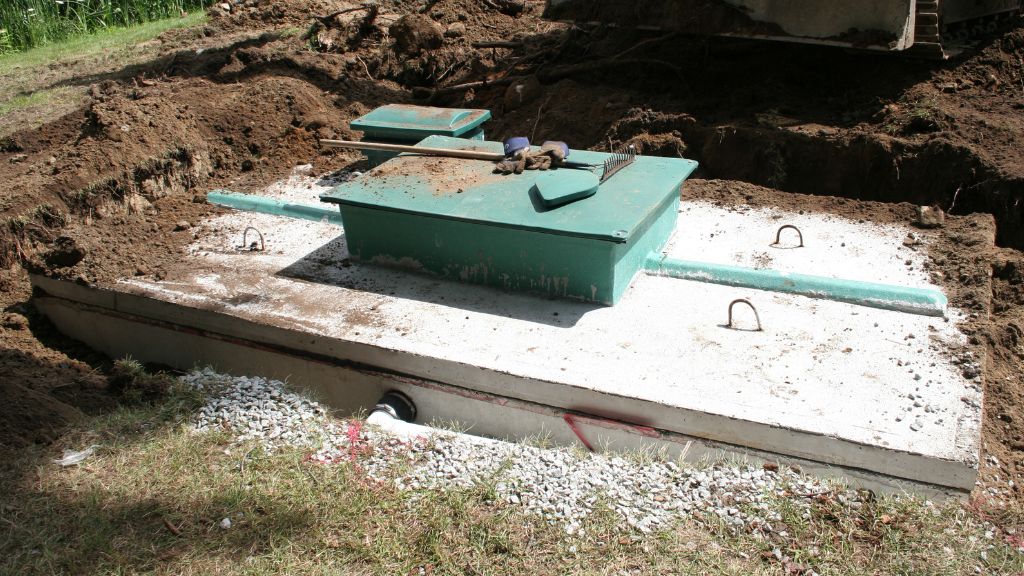
Septic systems are vital to many homes, yet they often remain misunderstood. Despite their importance in managing household wastewater, several myths and misconceptions surround these systems. Let's debunk some of the most common septic system myths to help you better understand and
maintain your system.
Myth 1: Septic Tanks Last Forever
While it's true that septic tanks are built to be durable, they're not immune to deterioration over time. Factors such as age, environmental conditions, and maintenance practices can all contribute to the wear and tear of a septic tank.
Regular maintenance, including pumping every few years, is essential to prevent costly septic repairs and ensure your system's longevity.
Myth 2: I Can Pump My Septic Tank Myself
Some DIY enthusiasts may be tempted to pump their septic tank as a cost-saving measure. However, pumping a septic tank requires specialized equipment and expertise to ensure
safe and effective pumping.
Without proper training, attempting to pump your septic tank yourself can result in injuries, damage to your system, and environmental contamination. It's best to leave this task to licensed professionals with the knowledge and experience to do it right.
Myth 3: Septic Tanks Require Additives to Function Properly
Contrary to popular belief, septic tanks don't necessarily require additives to function correctly. Well-designed and properly maintained septic systems rely on natural bacterial processes to break down waste.
While
additives can enhance bacterial activity, they're not a requirement for a healthy septic system. Instead, homeowners should focus on practices that promote bacterial growth naturally, such as avoiding harsh chemicals and excessive water usage.
Myth 4: Inspections Aren’t Need Until There's a Problem
Some homeowners believe that septic systems only need inspection when they encounter issues such as backups or odors. However, waiting for signs of trouble can lead to extensive damage and costly repairs.
Regular septic inspections can identify potential problems early on, allowing for prompt repairs and preventive maintenance. By performing routine inspections, homeowners can catch issues before they worsen, ultimately saving time and money.
Myth 5: Anything Can Go Down the Drain
Another common misconception is that anything can be disposed of down the drain in a home with a septic system. In reality, certain items can cause significant damage to septic systems and should be avoided.
Items like grease, oil, feminine hygiene products, paper towels, and harsh chemicals can disrupt the natural balance of bacteria in the tank or cause clogs in the system. Homeowners should be
mindful of what they flush or drain into their septic system to prevent problems.
Myth 6: Septic Tanks are a Constant Source of Unpleasant Odors
Properly functioning septic systems shouldn't regularly produce noticeable smells. While odors can occur during backups or if maintenance is neglected, the design of septic tanks aims to contain and treat wastewater in a way that minimizes odor.
Typically, odors generated during decomposition are trapped within the tank and released harmlessly through vent pipes. However, issues like
clogs, overflows, or inadequate ventilation can lead to more noticeable odors, which can be addressed through proper maintenance and repairs.
Prevent Septic System Damage and Costly Repairs
Understanding the truth behind common septic system myths is essential for proper maintenance and care. Regular pumping, proper waste disposal practices, and routine inspections are vital to keeping your septic system healthy and avoiding costly repairs.
Get a free estimate now! Our Kansas City septic experts provide a range of septic maintenance services to ensure the longevity and efficiency of your system.